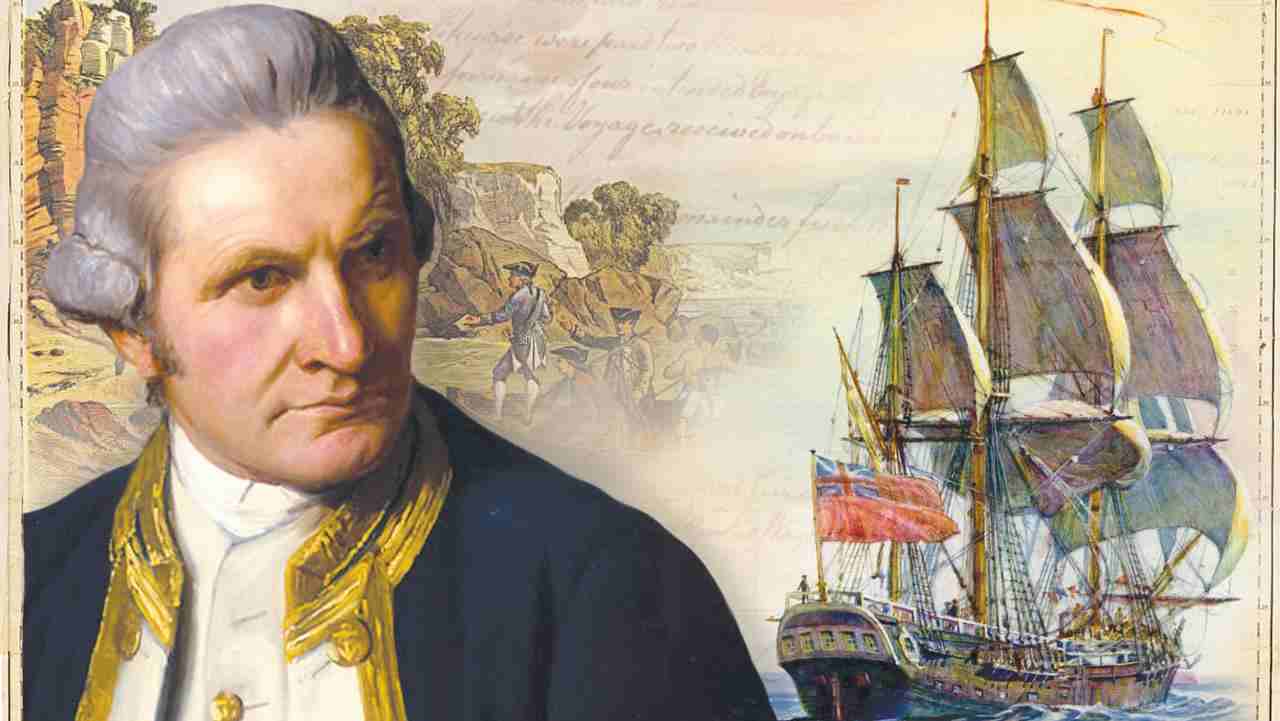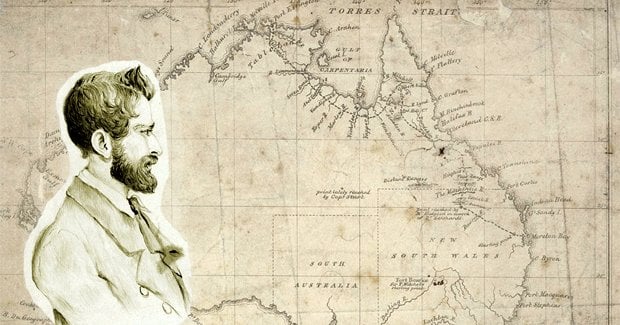James Cook. A British navigator and explorer, Cook’s remarkable voyages across uncharted waters brought about significant advancements in geography, cartography, and our understanding of the world. This article delves into the life, voyages, and lasting legacy of James Cook, a pioneer who forever changed the course of exploration.
Born on October 27, 1728, in Marton, England, James Cook displayed an early affinity for the sea. After an apprenticeship in a shipping company, he joined the Royal Navy in 1755, where he quickly rose through the ranks. Cook’s meticulousness, navigational skills, and dedication to scientific observations garnered him attention and respect within the maritime community.
The First Voyage: The Endeavour:
In 1768, James Cook was selected to lead the first of his three renowned voyages. Equipped with the HMS Endeavour, he embarked on a journey that would forever alter the course of history. Cook’s primary mission was to observe the transit of Venus and search for the fabled southern continent, Terra Australis.
Cook’s arduous voyage led him to the eastern coast of Australia in April 1770. It was during this time that he encountered the Indigenous people of the continent, notably the Guugu Yimithirr, Gweagal, and Kurnai tribes. His interactions with these communities, though often fraught with cultural misunderstandings, provided valuable insights into the rich Aboriginal cultures.
Cook’s mapping efforts were nothing short of extraordinary. He meticulously charted the eastern coastline of Australia, carefully marking various landmarks such as Botany Bay, Cape York, and Point Hicks. His meticulous approach to cartography laid the foundation for accurate future mapping and navigational endeavors in the region.
The Great Barrier Reef:
While exploring the northeastern coast, Cook and his crew encountered the Great Barrier Reef, one of the world’s most extensive coral reef systems. This treacherous encounter resulted in the Endeavour being severely damaged. Cook’s resourcefulness and navigational expertise allowed him to successfully navigate through the perilous waters and repair the vessel, a testament to his seamanship skills.
Cook’s voyages also had a profound impact on the field of botany. Accompanied by the eminent botanist Joseph Banks, the expedition collected and documented numerous plant specimens, including the now-iconic Banksia and Eucalyptus trees. These botanical discoveries broadened scientific knowledge of Australian flora and had far-reaching implications for future botanical exploration.
Cook’s voyages extended far beyond Australia. He explored and mapped various Pacific islands, including New Zealand, Tahiti, and Hawaii. His encounters with the Indigenous peoples of these regions added to our understanding of their cultures and contributed to the growing body of knowledge about the Pacific.
Cook’s voyages had a lasting impact on Australia and the wider world. His detailed charts and maps paved the way for future explorers and settlers. The British colonization of Australia, which followed in the late 18th century, would not have been possible without Cook’s initial exploration and mapping efforts. His voyages also sparked scientific curiosity and exploration in other parts of the world.
It is important to acknowledge the controversies surrounding Cook’s encounters with Indigenous peoples. The arrival of Cook and subsequent European colonization brought about significant disruptions and conflicts with the Indigenous communities. These encounters were marked by cultural misunderstandings, displacement, and violence. It is essential to critically examine Cook’s legacy in the context of colonization and its impact on Indigenous cultures.
Despite the controversies, James Cook’s contributions to exploration and scientific discovery are undeniable. His meticulous charting of the Australian coastline, botanical collections, and navigational expertise propelled him into the pantheon of legendary explorers. Cook’s voyages reshaped the understanding of the world and paved the way for future maritime endeavors.
James Cook’s legacy is commemorated through numerous landmarks and institutions. The Cook Islands in the South Pacific, Cooktown in Queensland, and the Cook Strait between the North and South Islands of New Zealand all bear his name. Additionally, institutions such as the Cook Institute and the Cook Memorial Museum honor his contributions and preserve his legacy.
As we reflect on James Cook’s life and voyages, it is crucial to approach his legacy with a balanced perspective. Recognizing his significant contributions to exploration and scientific knowledge should not overshadow the lasting impact of colonization and its effects on Indigenous communities. It is a reminder of the ongoing need for dialogue, reconciliation, and understanding.
Conclusion:
In conclusion, the life and voyages of James Cook left an indelible mark on the history of exploration and the understanding of the world. As a British navigator and explorer, Cook’s meticulous mapping, scientific observations, and encounters with new lands and cultures opened up new horizons and advanced human knowledge. His expeditions across the Pacific, including his significant explorations of Australia, showcased his exceptional navigational skills, determination, and scientific curiosity.
Cook’s encounters with the Indigenous peoples of Australia and other regions were not without controversy and conflict. The arrival of European explorers and subsequent colonization had profound and often devastating consequences for Indigenous communities, leading to displacement, cultural erosion, and the loss of traditional lands. It is crucial to critically examine Cook’s legacy within the broader context of colonization and the ongoing dialogue of reconciliation with Indigenous peoples.
Despite the complexities surrounding his legacy, James Cook’s contributions to cartography, geography, and scientific exploration cannot be overlooked. His meticulous charts and maps laid the groundwork for future navigators, settlers, and scientists, shaping the course of history. The legacy of Cook’s botanical discoveries also expanded scientific knowledge of the natural world, particularly Australian flora.
Commemorations and honors of James Cook are found in various landmarks and institutions, with places like the Cook Islands, Cooktown, and the Cook Strait serving as reminders of his remarkable achievements. These commemorations also provide opportunities for reflection and dialogue about the impact of colonization on Indigenous communities and the ongoing efforts of reconciliation.
In conclusion, the life and voyages of James Cook exemplify the spirit of exploration, scientific inquiry, and the thirst for knowledge. His achievements in mapping, scientific observations, and botanical discoveries continue to influence our understanding of the world. However, it is crucial to engage in critical discussions surrounding the legacy of exploration and colonization, recognizing the experiences and perspectives of Indigenous peoples. By doing so, we can navigate the complexities of history and work towards a more inclusive and comprehensive understanding of James Cook’s enduring impact.
References:
- Beaglehole, J. C. (1974). The Life of Captain James Cook. Stanford University Press.
- Fisher, R. (1999). Captain James Cook and His Times. Dundurn.
- Edwards, P. (2003). James Cook: The Journals. Penguin Classics.
- Hough, R. (1995). Captain James Cook: A Biography. W. W. Norton & Company.
- Kippis, A. (1788). The Life of Captain James Cook. Printed for G. Nicol.
- McLynn, F. (2011). Captain Cook: Master of the Seas. Yale University Press.
- Robson, J. (2009). Captain Cook’s War and Peace: The Royal Navy Years 1755-1768. University of New South Wales Press.


